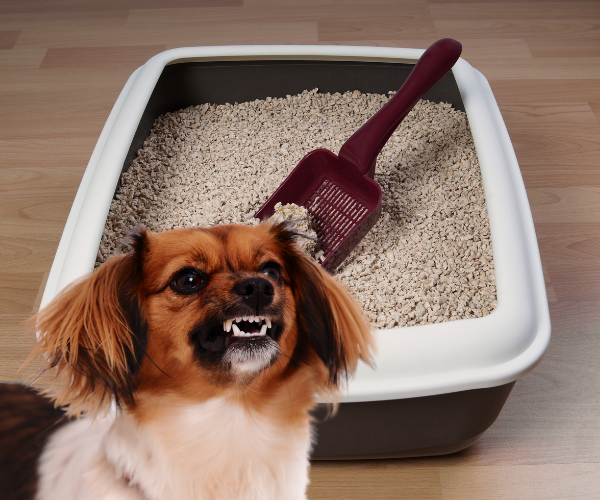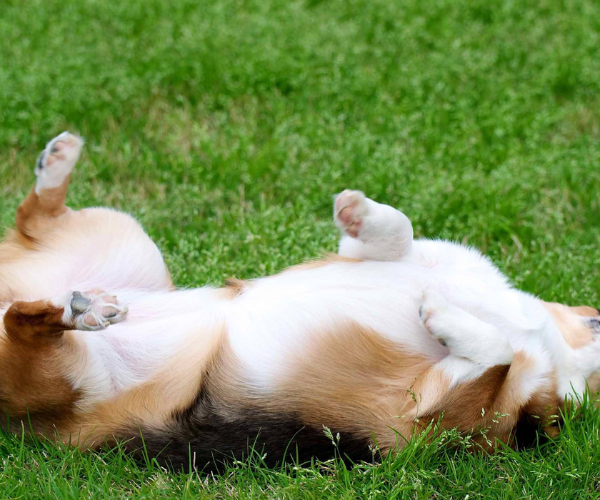Introduction
Background Information on Cats and Their Bathroom Habits
Cats, known for their cleanliness and meticulous grooming habits, are usually very particular about where they relieve themselves. Typically, they prefer to use a litter box or other designated area to do their business. However, despite their well-known fastidiousness, some cats may display a curious habit of peeing on towels. For many cat owners, this can be a baffling and frustrating experience.
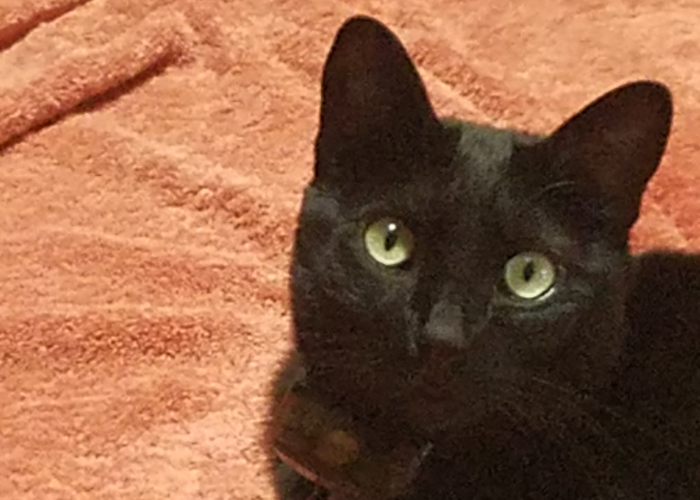
Brief Overview of the Problem: Cats Peeing on Towels
If you have ever walked into your bathroom and found your beloved feline companion using a towel as a makeshift litter box, you are not alone. Many cat owners have faced this perplexing issue. Although it might seem like a random act of rebellion, there are various reasons why cats may choose to pee on towels, and understanding the underlying causes can help you find a solution to this behavior.
Importance of Understanding This Behavior
For cat owners, it’s essential to understand the reasons behind their pets’ behavior, especially when it comes to bathroom habits. By getting to the root of the problem, you can ensure your feline friend’s well-being, maintain a clean and healthy living environment for both you and your pet, and strengthen the bond between you and your furry companion. Additionally, addressing the issue proactively can help prevent further complications, such as damage to your belongings or health issues for your cat.
Reasons Why Cats Pee on Towels
Medical Issues
- Urinary tract infections: Bacterial infections in the urinary tract can cause cats to urinate more frequently and in inappropriate places, such as on towels.
- Kidney disease: Cats with kidney disease may have difficulty controlling their urination, leading them to urinate in inappropriate places.
- Bladder stones: These can cause irritation and inflammation in the bladder, making cats feel the need to urinate more often and in unusual spots.
Behavioral Issues
- Territorial marking: Cats may mark their territory by urinating on objects, such as towels, to communicate with other cats and establish their dominance.
- Stress and anxiety: Cats who are stressed or anxious may urinate in unusual places as a coping mechanism. Changes in their environment, new pets, or household members can trigger this behavior.
- Litter box issues: Cats may urinate on towels if they find their litter box unsuitable. This can be due to a dirty litter box, an uncomfortable location, or using a type of litter that the cat dislikes.
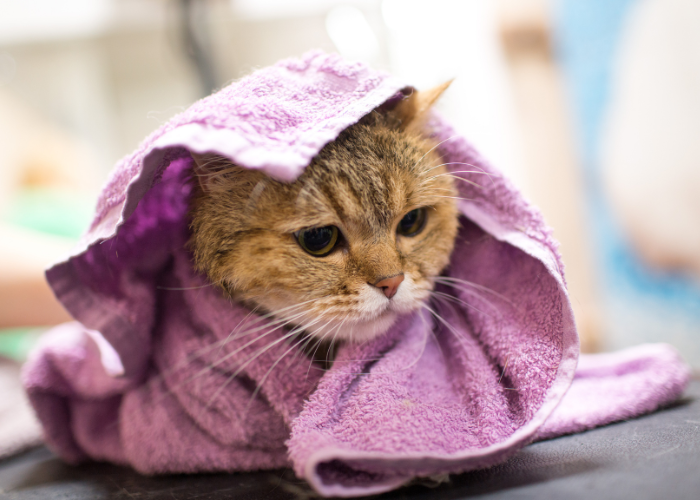
How to Determine the Cause of the Behavior
Signs to Look For:
- Frequency and location of urination: If your cat is frequently urinating on towels or in unusual places, it may indicate a medical issue.
- Changes in behavior: Look for signs of stress or anxiety, such as hiding, excessive grooming, or aggression.
- Litter box habits: Monitor your cat’s litter box usage and check for any signs of discomfort or dissatisfaction.
When to Seek Veterinary Care:
- If you notice blood in your cat’s urine, or if they seem to be in pain while urinating.
- If your cat’s inappropriate urination persists despite attempts to address potential behavioral causes.
- If your cat is showing other signs of illness, such as lethargy, vomiting, or weight loss.
Keeping a Journal of the Behavior:
- Record the date, time, and location of each inappropriate urination incident.
- Note any changes in your cat’s environment or routine that could be contributing to stress or anxiety.
- Track your cat’s litter box usage and the cleanliness of the litter box.
Treating the Behavior
Medical Treatments:
- Antibiotics: If a urinary tract infection is diagnosed, your veterinarian may prescribe antibiotics to treat the infection.
- Dietary changes: For cats with kidney disease or bladder stones, your veterinarian may recommend a special diet to manage the condition and prevent future issues.
Behavioral Treatments:
- Reducing stress and anxiety: Identify and address potential stressors in your cat’s environment. Provide a safe, quiet space for your cat to retreat to, and consider using pheromone diffusers to help calm them.
- Addressing litter box issues: Ensure the litter box is clean, placed in a quiet and accessible location, and filled with a litter type your cat prefers. You may also try providing multiple litter boxes in different locations.
- Cleaning and removing odors: Clean the soiled areas thoroughly using an enzymatic cleaner to remove the smell and discourage your cat from urinating in the same spot again.
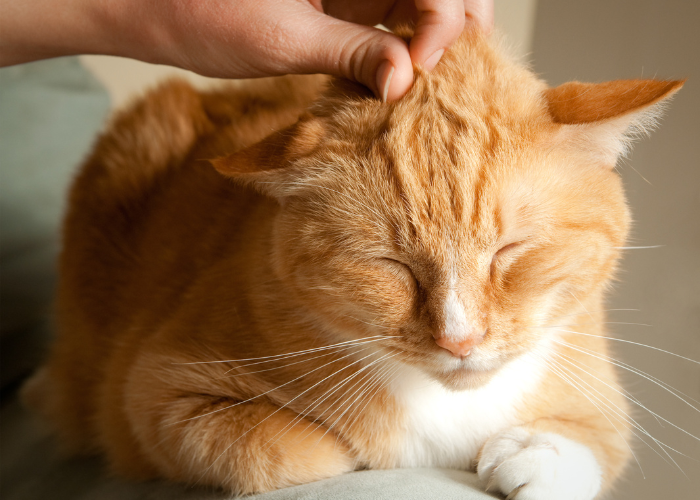
Preventing the Behavior
Creating a Cat-Friendly Home:
- Providing multiple litter boxes: Ensure there are enough litter boxes in your home, ideally one more than the number of cats you have.
- Providing hiding places: Offer your cat various hiding spots and safe areas to retreat to when they feel stressed or overwhelmed.
- Regular playtime and exercise: Engage your cat in daily play sessions and provide toys to encourage physical activity and mental stimulation, helping to reduce stress and anxiety.
Maintaining a Clean and Odor-Free Environment:
- Cleaning litter boxes regularly: Scoop waste from litter boxes daily and perform a complete change of litter and thorough cleaning of the box at least once a week.
- Washing towels and bedding frequently: Launder your cat’s bedding, towels, and any other fabrics they may come into contact with to remove odors and prevent inappropriate urination.
- Using enzymatic cleaners to remove odors: If your cat has urinated outside the litter box, use an enzymatic cleaner to eliminate the smell and discourage future incidents.
- Does Tap Water Cause Tear Stains in Dogs? [An In-Depth Look]
- How Long Can a Betta Fish Live In Tap Water? [Advice]
- Can I Give My Cat Tap Water? [An Informative Guide]
Conclusion
Recap of the Main Points:
Inappropriate urination in cats can result from medical issues such as urinary tract infections, kidney disease, bladder stones, behavioral issues like territorial marking, stress, and anxiety, or litter box problems. To address and prevent this behavior, it’s essential to create a cat-friendly home, maintain a clean and odor-free environment, and seek veterinary care when necessary.
Importance of Seeking Veterinary Care:
Promptly consulting a veterinarian is crucial in identifying and treating any underlying medical conditions that may be causing your cat’s inappropriate urination. Early intervention can improve your cat’s well-being and prevent the issue from worsening.
Final Thoughts and Advice for Cat Owners:
Be patient and attentive when dealing with your cat’s inappropriate urination, as it may take time to pinpoint the cause and find an effective solution. Consistently providing a comfortable, clean, and low-stress environment can significantly contribute to preventing this behavior and ensuring your cat’s overall health and happiness.

Doctor of Veterinary Medicine (D.V.M.) at Nation Taiwan University,Master of Science (M.S.) in Biomedical Engineering at National Taiwan University of Science and Technology



